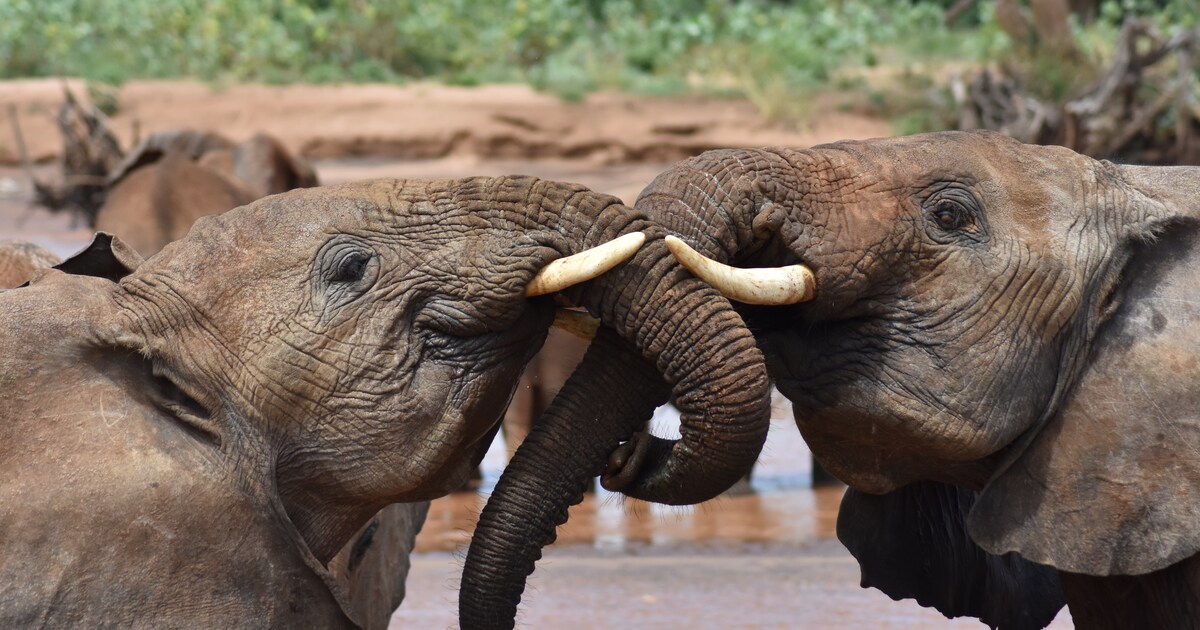
The fact that some animals sometimes address each other with a certain sound has already been demonstrated in some species, explains behavioral ecologist Lysanne Snijders (Wageningen University) after checking the research. “This has been proven, for example, in dolphins.”
But while these animals imitate a characteristic sound of those they call, elephants seem to use a new sound. “This takes this to a higher abstract level,” says Snijders. ‘If this is the case, then it is interesting to find out how this label comes about. Does the mother come up with a name and then the rest adopt it?
About the Author
Maarten Keulemans is scientific editor of by Volkskrantspecialized in microlife, climate, archeology and genetic engineering.
The ‘names’ of the elephants are not very articulate. In recordings made by Michael Pardo of Colorado State University and his colleagues during more than a year of fieldwork in Kenya, the names sound mostly like grunts. One growl is a little deeper, the other a little shorter. But when you touch it in the presence of elephants, the elephant you are addressing responds, flaps its ears or runs away, Pardo describes. Hearing another name, the elephant only looked up briefly.
Elephants are known to have complex communication. With their vocal cords humming and trumpeting they convey all kinds of information about who they are and what is going on. They also adjust their communication when the recipient looks at them. “This fits with the theory that animals with socially complex systems, in which individuals are not always together, often also have more complex communication,” explains Snijders.
‘Come, Frida!’
Like people, animals do not always address each other by name during normal interactions. Elephants mainly use name sounds to call each other from a distance and, above all, to address children: ‘Come, Frida!’ For Snijders, this immediately raises the question: “Do elephants also talk about other elephants they are not with?”
Pardo and his colleagues, from the NGO Save the Elephants, among others, unraveled the elephants’ chatter by having the computer look for recurring patterns. Ultimately, they discovered the “names” of 117 elephants, which were heard screaming a total of 470 times across the savannah. When the names were called, the elephants in question responded “vigorously,” the researchers said.
The question remains whether different elephants always use the same name for the same elephant, Snijders notes. “That’s not entirely clear yet.” The researchers themselves now wonder if elephants, when they name each other, could also have names for other things, such as water or certain places.
How did the elephants react when they noticed that another member of their species was addressing them not by name but through a sound recording? “They were probably confused for a moment,” Pardo said in a news release. “But in the end they dismissed it as something strange and continued on their way.”